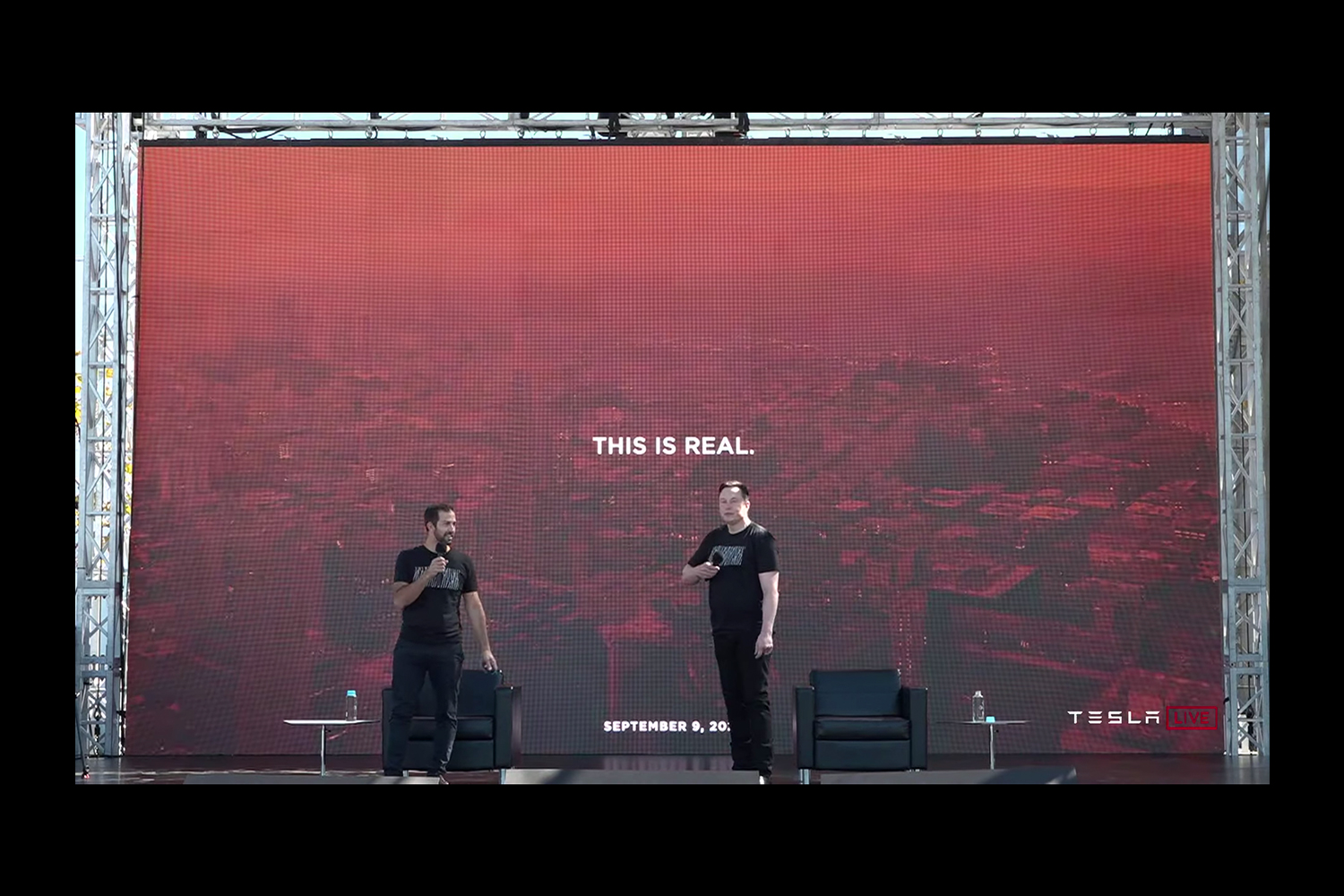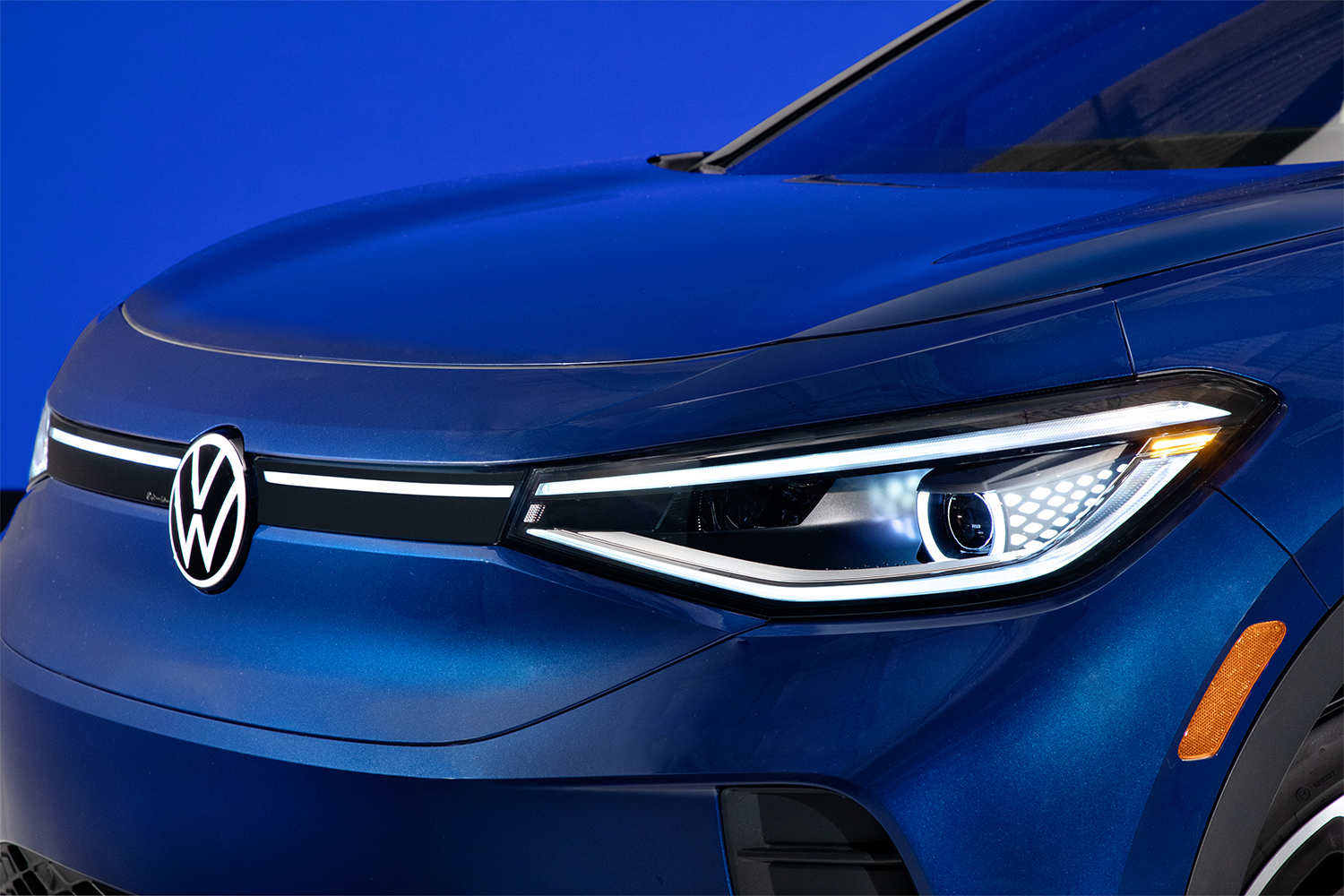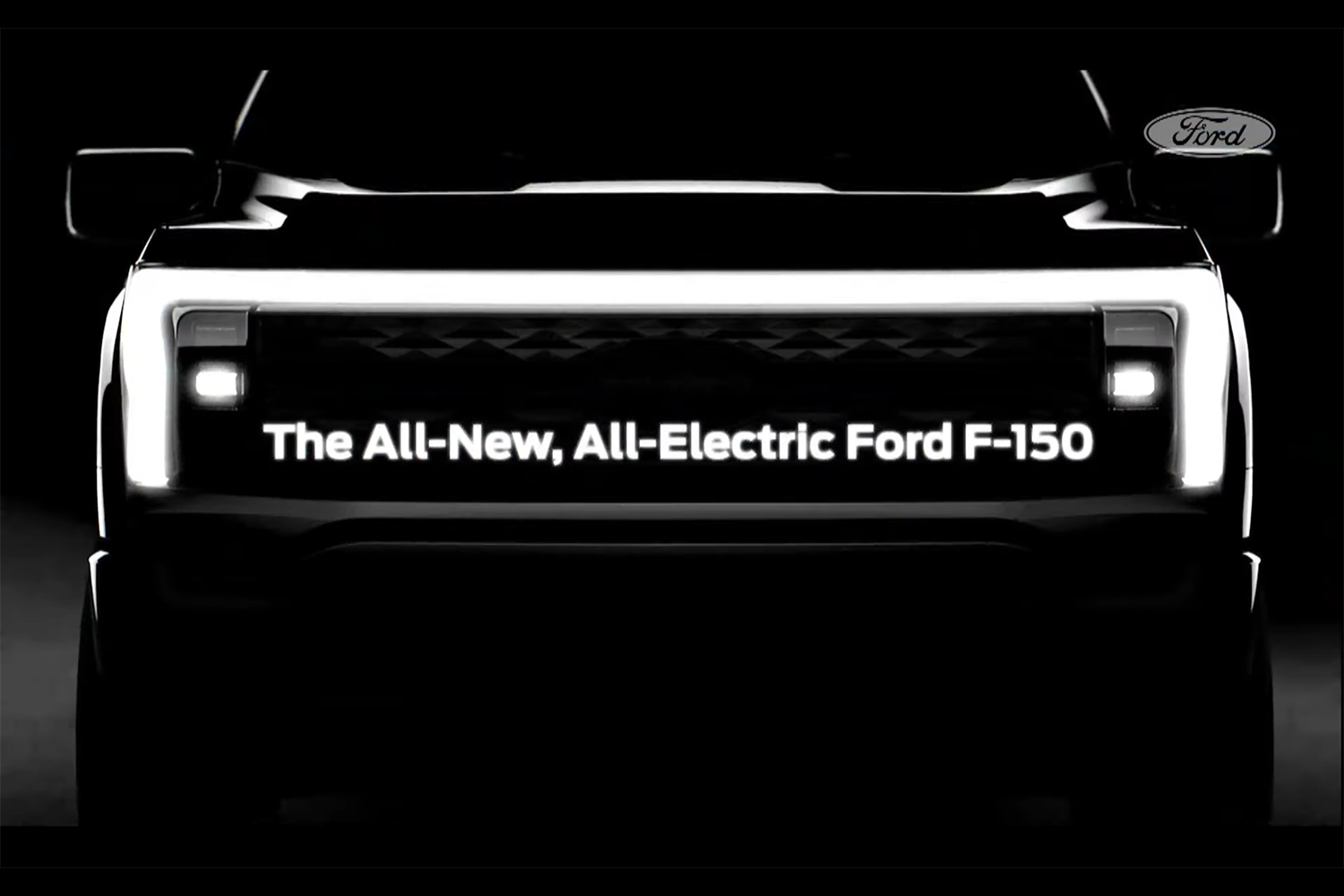On Wednesday, California Governor Gavin Newsom stood in front of a shiny red Mustang Mach-E, Ford’s electric SUV set to hit dealerships later this year, put a piece of paper down on the hood and signed an executive order banning the sale of new gas cars by 2035 in favor of zero-emission vehicles.
“The plan won’t stop people from owning gas-powered cars or selling them on the used car market,” explains the Associated Press. “But in 2035 it would end the sale of all new such vehicles in the state of nearly 40 million people that accounts for more than one out of every 10 new cars sold in the U.S.”
The action — which Newsom stated was done to benefit both public health and stem the climate crisis — comes as the U.K. looks to move its ban on fossil fuel-powered cars, which was previously set at 2040, up a decade to 2030. Other countries like Germany, France and Norway have committed to similar bans, but California is the first state in the U.S. to do so.
“If you want to reduce asthma, if you want to mitigate the rise of sea level, if you want to mitigate a loss of ice sheets around the globe, then this is a policy for other states to follow,” Newsom said.
While the usual suspects approve of the project (like environmental organizations) and the usual suspects disapprove (such as the petroleum industry), the larger picture that allowed Newsom to make this order is that, as The New York Times detailed this week, “the age of electric cars is dawning ahead of schedule.”
Yes, many electric vehicles are too expensive for many Americans today, but experts expect that price parity — where electric vehicles cost the same as their gas counterparts — could come as early as 2023, with plenty of time to spare before the ban takes effect.
Thanks for reading InsideHook. Sign up for our daily newsletter and be in the know.

















